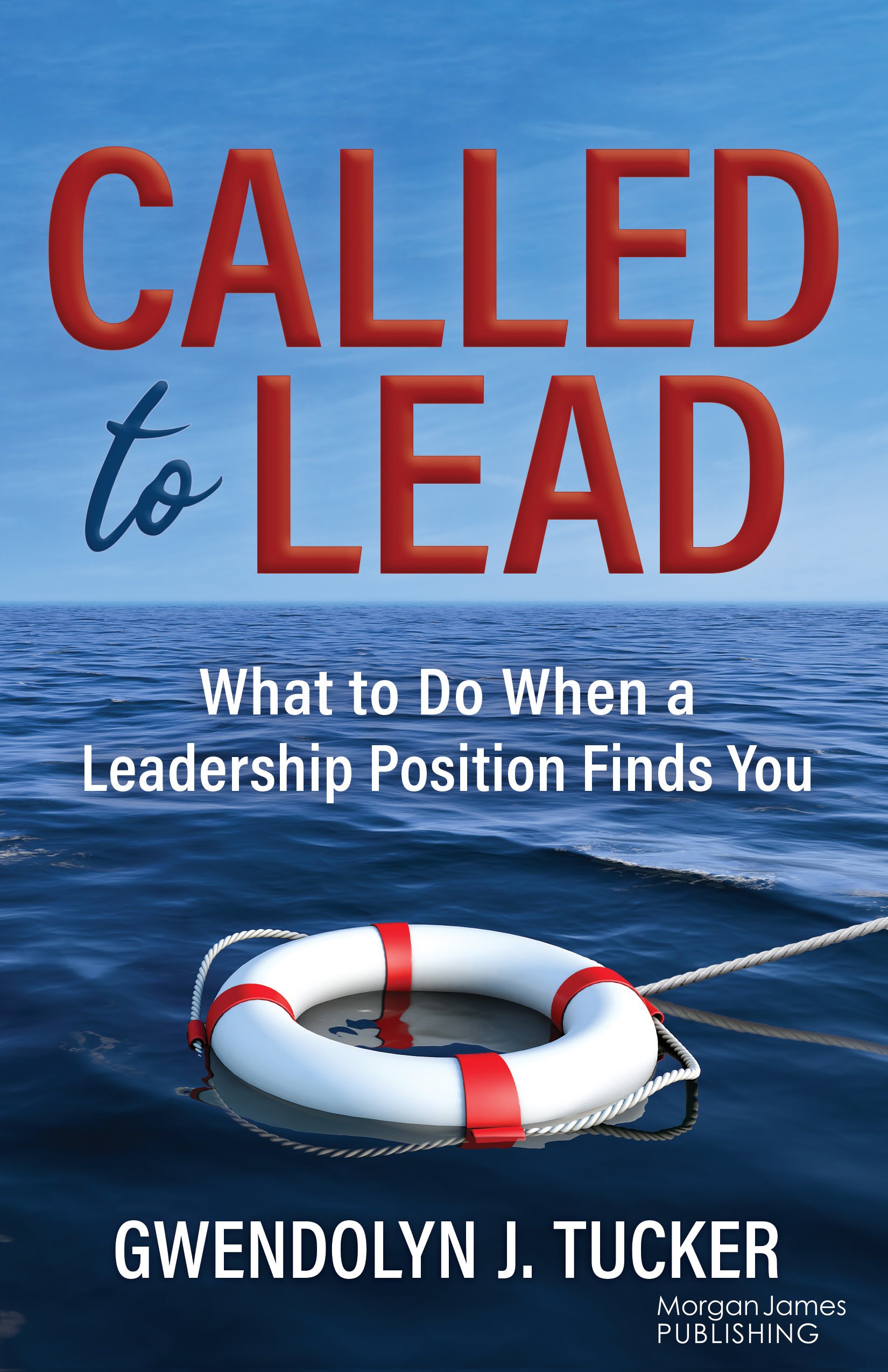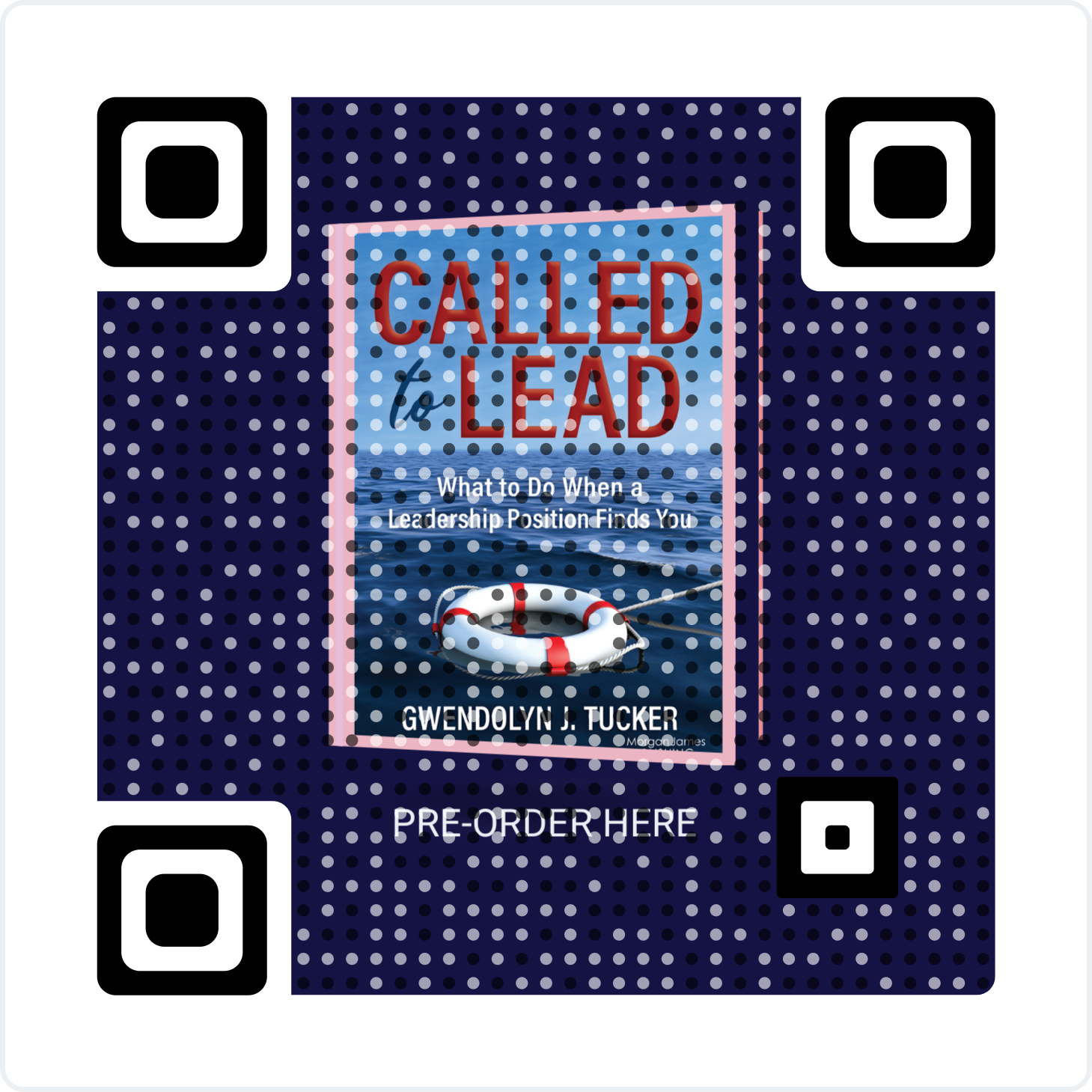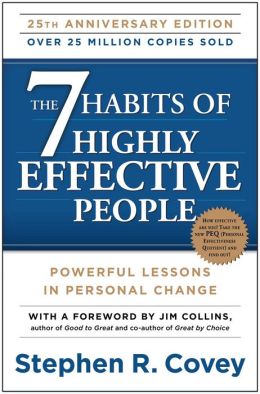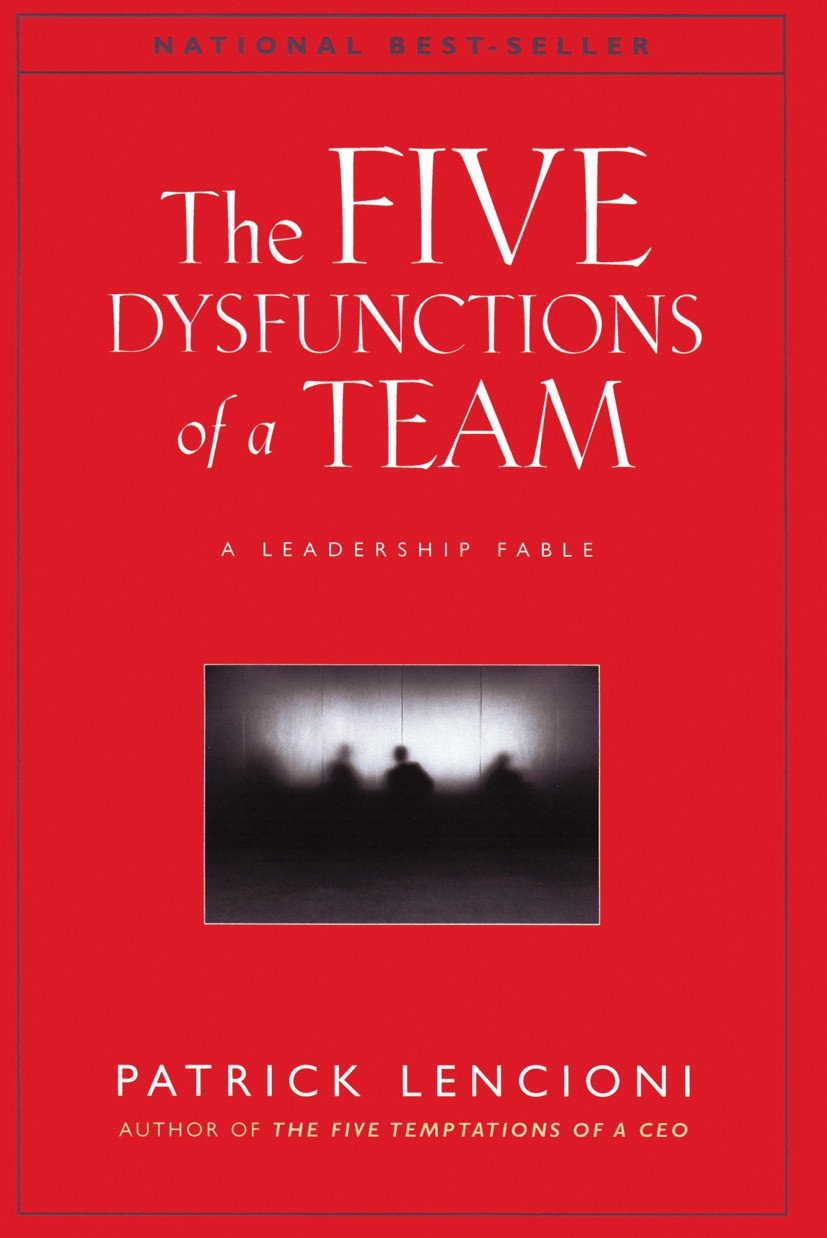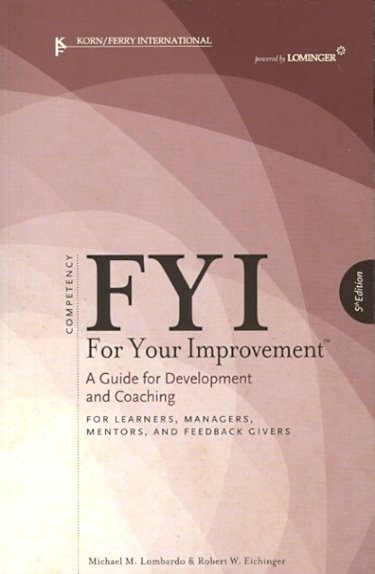The Power of Mediation
The power of mediation is on display when a third party, who is neutral, can intervene and help resolve a conflict.
Thankfully, most conflicts can be resolved by the parties involved. But some situations require a skilled mediator with the ability to bring objectivity and a structured process for resolving the dispute.
Letting a dispute "brew" can be quite damaging to the parties involved and the organization.
Introduction
I really wish I could say that we naturally possess the ability to resolve conflicts, but as you well know, sometimes this is not the case.
In my experience in a number of industries and with people from around the world, anytime two or more people come together, conflicts and differences of opinions will arise. The opportunity in the challenge is how to not let unresolved conflict linger and fester. Because if it does, it can infect relationships and impair our ability to work well together.
For a leader, that can be a career staller or stopper. No leader who leads would ever want that. No, a leader who leads takes actions to nip unhealthy conflict in the bud. Sometimes on their own, and sometimes with help.
Knowing your limits as a leader lets you know when to reach out for professional help. That is where a skilled mediator comes in.
A skilled mediator can help you and your team get "unstuck" when unresolved conflicts persist. Getting unstuck will enable you move forward and focus energy on that which you have been called to accomplish.
The Power of Mediation
I had the pleasure of meeting LaMeka Ivy, a Rule 31 Mediator with the Tennessee Supreme Court. As I discovered more about her and her business, I was intrigued by what she does and how she helps her clients.
When I reached out to ask LaMeka for an interview, she readily said yes. I sat down with her to discover more about what she does and why this type of work is so rewarding for her.
She is very passionate about what she does and how she helps her clients address and resolve conflict. Please read on to hear what she had to say.

Meet LaMeka Ivy
Tell us a little about yourself.
I am a listed Rule 31 Mediator with the Tennessee Supreme Court. I handle family, civil, and domestic violence issues. I have over 10 years experience in Human Resources. I graduated from Bethel College now Bethel University with a Bachelors Degree in Organizational Management and from Strayer University with my MBA in Human Resources Management.
Tell us about your firm Ivy Mediation.
Ivy Mediation and Consulting went live one year ago today, January 4, 2016. My firm offers facilitation, consultation, and resolution strategies for workplace issues.
During one of our conversations you described the difference between mediation and negotiation. What are some of those distinctions?
While mediation and negotiation are both used as alternative dispute resolution methods, there are some differences. For example, in negotiation the parties agree to work with each other to resolve a dispute. In mediation, the parties agree to work with a mediator to resolve a dispute. In negotiation, the parties always meet with each other. In mediation, the mediator may meet with both parties jointly or meet individually with one party. In negotiation, the parties have their own interests in the negotiation. In mediation, the mediator is neutral and impartial and does not represent either party's interests. In negotiation, the parties use persuasion to get the other side to agree with them. In mediation, it's not the mediator's role to persuade the parties.
(For a visual representation of how to the two compare, please see below.)
Mediation vs. Negotiation
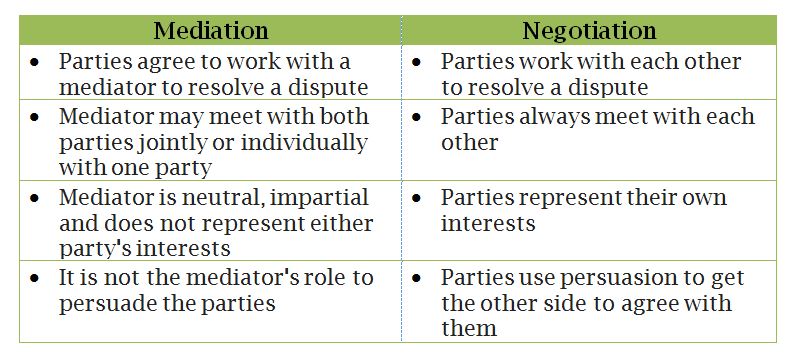
What are some forces that directly affect the need for mediation in the workplace?
Disagreements between management and employees, discrimination, work schedules, work assignments, overtime, unfair treatment, favoritism, or any element that would cause conflict in the workplace.
What is most rewarding about what you do?
Being able to help my clients resolve an issue.
What is most challenging about what you do?
Getting people to do what they say they are going to do.
Top Leadership Books:
- Who Moved My Cheese? by Spencer Johnson
- Everyone Communicates, Few Connect: What the Most Effective People Do Differently by John Maxwell
- Multipliers by Liz Wiseman
Do You Know LaMeka Ivy?
Have you had the pleasure of working with LaMeka? If so, please share how she has made a positive impact on you personally and professionally.
Want To Know More?
There are times when leaders must act as a mediator to de-escalate and resolve conflict between team members. If the situation persists or worsens, it may take the power of mediation to resolve the conflict. If so, consider consulting a skilled mediator.
Knowing and acknowledging your limits in this area will help prevent you from spinning your wheels. Knowing when to reach out for assistance is an attribute of a leader who leads.
Improve Your Relationship with Your Boss
Are you looking to improve your relationship with your boss? If so, the Boss Relationship Worksheet will help you better understand and communicate more effectively with your immediate supervisor.
To download your copy, submit your information on the form below.
After completing the Boss Relationship Worksheet, you will find that the following will prove helpful in showing you how to cultivate a better working relationship with your boss:
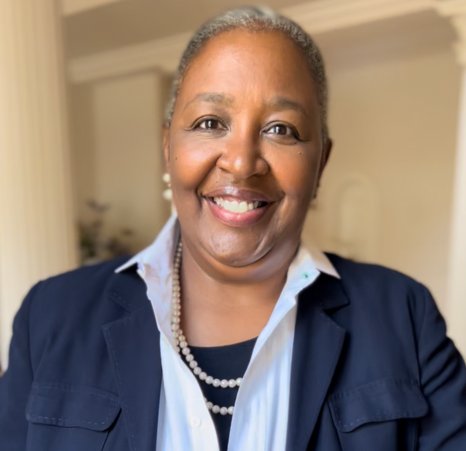 |
I published my first book and I am beyond excited.
Get your FREE copy of Called to Lead!
ORDER PRINT HERE
Leaders don't
create
followers.
Leaders
create
other
leaders.
- Tom Peters




